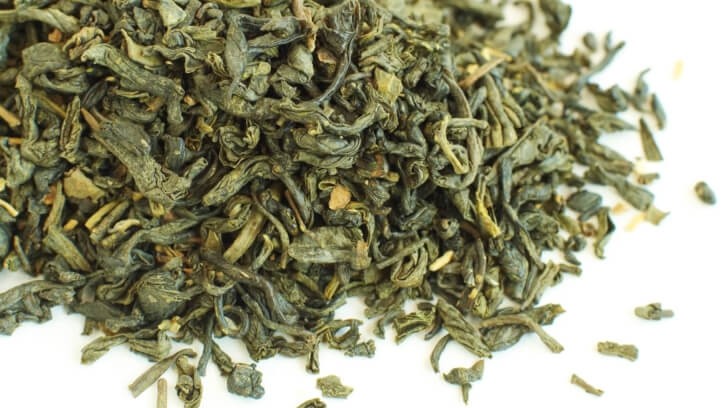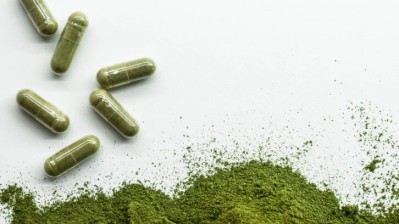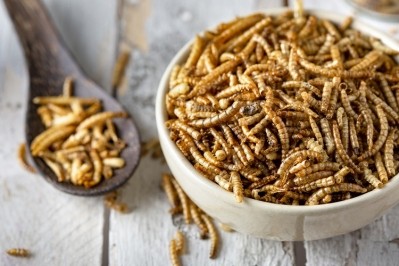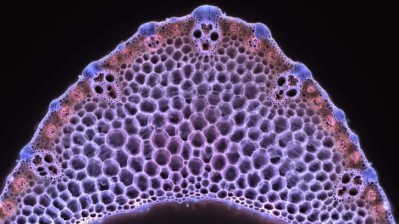Green tea manipulates gut microbes for weight management: Study

“In summary, we observed a distinct clustering pattern of gut microbiota in mice fed a high-fat (HF) and green tea infusion diet,” the team of Chinese researchers wrote in the journal Foods. “A 4% green tea infusion significantly increased intestinal microflora in obese mice and reduced high-fat diet-induced metabolic alterations by preventing metabolic disorders associated with the disrupted microflora.”
The study evaluated the effects of different concentrations of Suchazao tea cultivar collected from Zhongshanling tea garden in Nanjing, China and conducted a second arm to isolate the effects of green tea’s polyphenols (TPP), caffeine (Caf) and L-theanine (Thea) components.
Green tea for obesity
Mounting evidence links the disturbance of intestinal microflora to obesity and metabolic syndrome, with dysbiosis associated with consequences ranging from increased microbial energy harvest and fat deposition to intestinal permeability and inflammation.
“Two major mechanisms have been identified in the functional effects of green tea: (1) decreasing the absorption of lipids and proteins in the intestine, thereby reducing calorie uptake and (2) activating AMP-activated protein kinase via TPP that is bioavailable in the liver, skeletal muscle and adipose tissues,” the researchers previewed.
They referenced animal models and human studies showing that green tea reduces body weight, alleviates metabolic syndrome and prevents diabetes and cardiovascular diseases, with tea polyphenols accumulating in the large intestinal lumen where they are enzymatically broken down into low-molecular-weight phenolic metabolites with benefits.
Study details
The study randomly assigned 34 healthy male C67BL/6J mice to one of five equal groups that consumed either a low-fat diet (LF), high-fat diet (HF) or a high-fat diet with 1%, 2% or 4% green tea infusions (HF+1%, HF+2%, and HF+4%) for eight weeks.
To evaluate the effect of the green tea components on the regulation of the gut microbiota, a second group of 35 mice was divided between low-fat, high-fat, high-fat with tea polyphenols, high-fat with L-theanine or high-fat with caffeine groups. The concentration of polyphenols in this second experiment was set to 6 g, equivalent to the total concentration in 4% green tea (determined to be within hepatoxicity limits).
“Our results showed that 1%, 2%, and 4% of green tea promotes weight loss, with the 2% and 4% groups exhibiting distinct gut microflora clusters compared to the high-fat group,” the researchers concluded following blood, fecal and tissue sample analysis.
These results were comparable to those observed in the tea polyphenols-treated group, suggesting that polyphenols play a crucial role by decreasing the Firmicutes/Bacteroidetes bacteria ratio (where higher levels of Firmicutes are a hallmark of gut dysbiosis and obesity).
In addition, the study identified 32 bacteria as potential obesity biomarkers using 16S rRNA gene sequencing including Akkermansia, Saccharofermentans, Acetatifactor, Bacteroides, Alistipes, Allobaculum and Falsiporphyromonas. Of note was the abundant growth of beneficial bacteria Akkermansia in the polyphenol-treated group.
Although the researchers determined that tea polyphenols were primarily responsible for restoring the bacterial community essential for anti-obesity stimulation, they noted that caffeine and L-theanine played a supporting role by altering their own genera of obesity-associated biomarkers (e.g., Bacteroides, Alistipes, Coprococcus and Roseburia).
Source: Foods
“The Role of Green Tea on the Regulation of Gut Microbes and Prevention of High-Fat Diet-Induced Metabolic Syndrome in Mice”
doi: doi.org/10.3390/foods12152953
Authors: Huiling Mei et al.
















